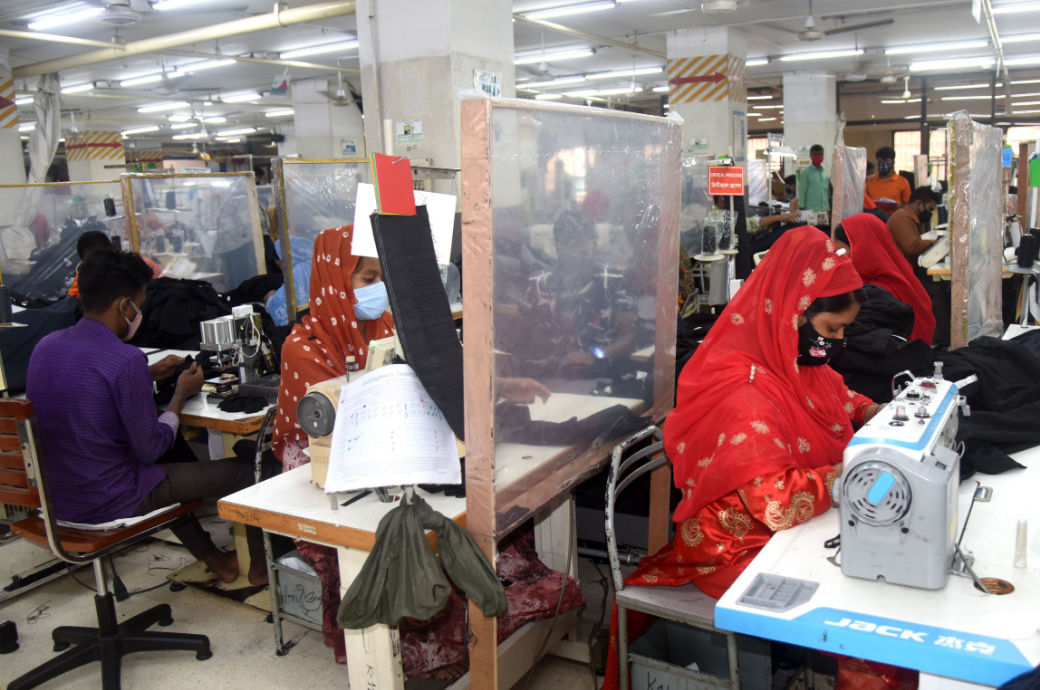
The BICF programme is supporting reforms to help the private sector grow.
He was addressing an event titled ‘Investment climate reform in Bangladesh—findings from the end-term evaluation of BICF programme’, jointly organised by the Bangladesh Investment Development Authority (BIDA), the UK Foreign, Commonwealth & Development Office (FCDO) and the IFC in Dhaka.
The World Bank Group's private sector lending arm supported the enactment of the economic zones policy and regulatory framework in the country and helped set up the Bangladesh Economic Zones Authority (BEZA).
It piloted environmental and social programmes with the Bangladesh Export Processing Zones Authority (BEPZA) and the lessons learned have been incorporated into the BEZA’s environmental compliance standards.
The BICF programme supported reforms in government-to-business services led by information and communication technology through automation, introduction of online tax registration and regulatory framework for e-payment.
The programme also helped establish Business Initiative Leading Development, a public-private dialogue platform, Holtmann was quoted as saying by Bangladeshi media reports.
The second phase of the programme has focused on three core areas: improving the investment climate; facilitating private investment in industrial infrastructure; and diversifying exports beyond readymade garments.
Thirteen private economic zones received investment proposals worth $4.3 billion, Holtmann said.
"Moreover, technical support from us through the development of master plans, feasibility studies and investment promotion strategy helped five government-owned economic zones receive investment proposals worth more than $22 billion for 177 projects," he added.
Fibre2Fashion News Desk (DS)